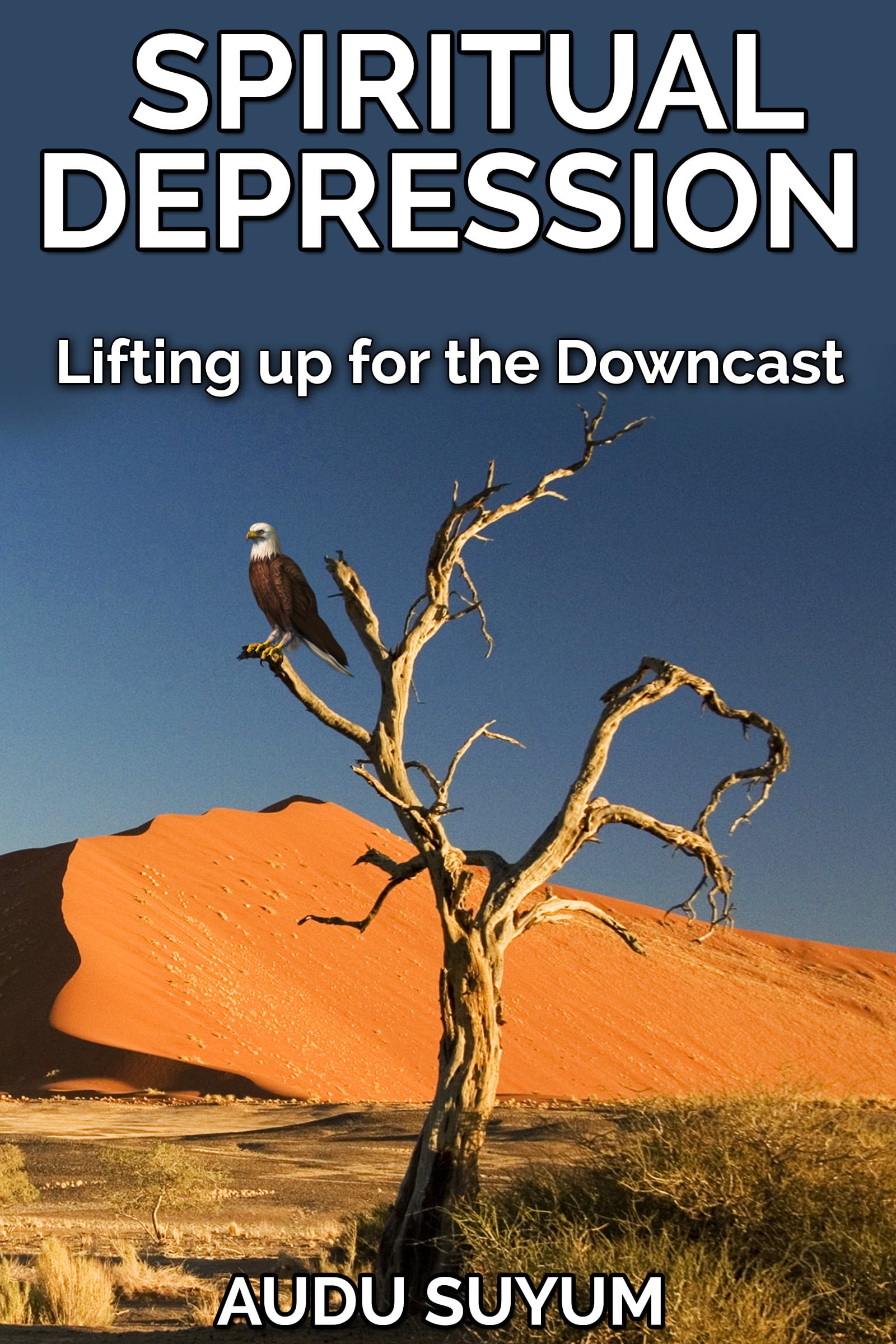

Thus it is for all believers in our daily pilgrimage – Christ leaves us for a season but he never forsakes us utterly. But how thankful we are when we enjoy seasons of his presence. All preachers know what it is when preaching to be sadly aware of the Holy Spirit’s absence. If we appreciated his presence more, we would grieve over his absence more deeply. Desertion is not losing our union with him, but losing the blessings of his felt presence with us. Other Puritans used the word ‘communion’ rather than ‘vision’ to express this particular truth.īridge is reminding us – and how much we need the reminder – that although we may and do lose our enjoyment of Christ and the salvation he gives us, it is not that in desertion we become non-Christians! We may not have the enjoyments of Christ but we still have our union with Christ. In regard to vision he forsakes us only for a time – he will always return to us. In regard to union he never forsakes his children. In other words, either in regard to union, or to vision. We must remember that God is said to forsake man, either in regard of his power, grace and strength, or in regard of the comfortable feelings of his love. ‘Who among you fears the Lord and obeys the word of his servant? Let him who walks in the dark, who has no light, trust in the name of the Lord and rely on his God.’ģ. Let’s listen to Luther! ‘When God seems to be my enemy and to stand with a drawn sword against me, then I do cast and throw myself into his arms.’ That is a truly spiritual response, a response of faith to this severest of trials. Satan seeks to persuade us this is the real situation. Without the sunshine of his smile upon us he seems to us to be our enemy, and not just an absent friend.

Bridge begins by stating that this feeling of desertion is a not uncommon spiritual experience and it is one of the worst of the many afflictions of the righteous for two very obvious reasons:Ī) It is harder to bear all our other trials if we no longer feel the Lord is with us.ī) Just as the presence of Christ sweetens all our comforts so his absence embitters all other sufferings.Ģ. My other reason for wanting you to read this article is that I hope it will result in your reading the book – it is a wonderful feast of spiritual refreshments.ġ. It is titled ‘A Lifting Up in the Case of Desertion’.
#A lifting up for the downcast free
What follows is a very free summary of chapter six of A Lifting Up for the Downcast by William Bridge, one of my favourite Puritan authors. YOU KNOW YOU REALLY SHOULD READ THIS ARTICLE! ‘Why, because I wrote it? No, but because the subject is a vital one it is a neglected one, and we can learn a great deal from a Puritan preacher who addressed it with rare skill in one of his sermons. Seven encouraging reminders by a Puritan physician of the soul.

His parishioners viewed him as a charitable and candid pastor whose ministry helped many people.Humphrey Mildred, the pastor of Bellevue Baptist Church, Edinburgh (and formerly with the Banner of Truth Trust for over forty years) provides an introduction to and comments upon A Lifting Up for the Downcast 1 by William Bridge. William Bridge was an excellent preacher, able scholar, and prolific writer with a well-furnished library, but he was no ivory tower theologian. He laboured there until 1662, when he was ejected by the Act of Uniformity.īridge spent his last years at Yarmouth and Clapham, Surrey, where he died in March 1670. That same year he accepted a position as town preacher at Yarmouth, where he organized an Independent church, and formally became its pastor in autumn 1643. Returning to England in 1641, the following year he was appointed a member of the Westminster Assembly, and proved himself a noted Independent. In 1636 he was forced to flee to Rotterdam in Holland, because of Bishop Matthew Wren’s campaign against nonconformity, and co-pastored a church there with John Ward and then Jeremiah Burroughs.

He was ordained a priest in the Church of England in 1627, and served in Saffron Walden and Colchester in Essex, then becoming rector of St. Born in Cambridgeshire around 1600, William Bridge entered Emmanuel College, Cambridge in 1619, where he earned a bachelor’s degree in 1623 and a master’s degree in 1626, before serving as a fellow at the college.


 0 kommentar(er)
0 kommentar(er)
